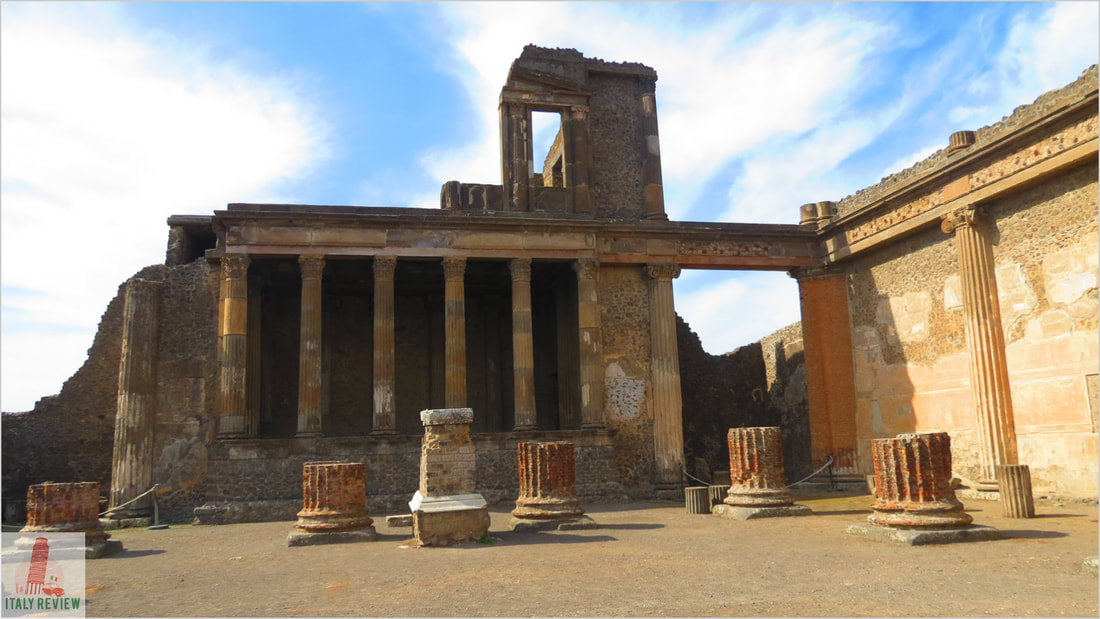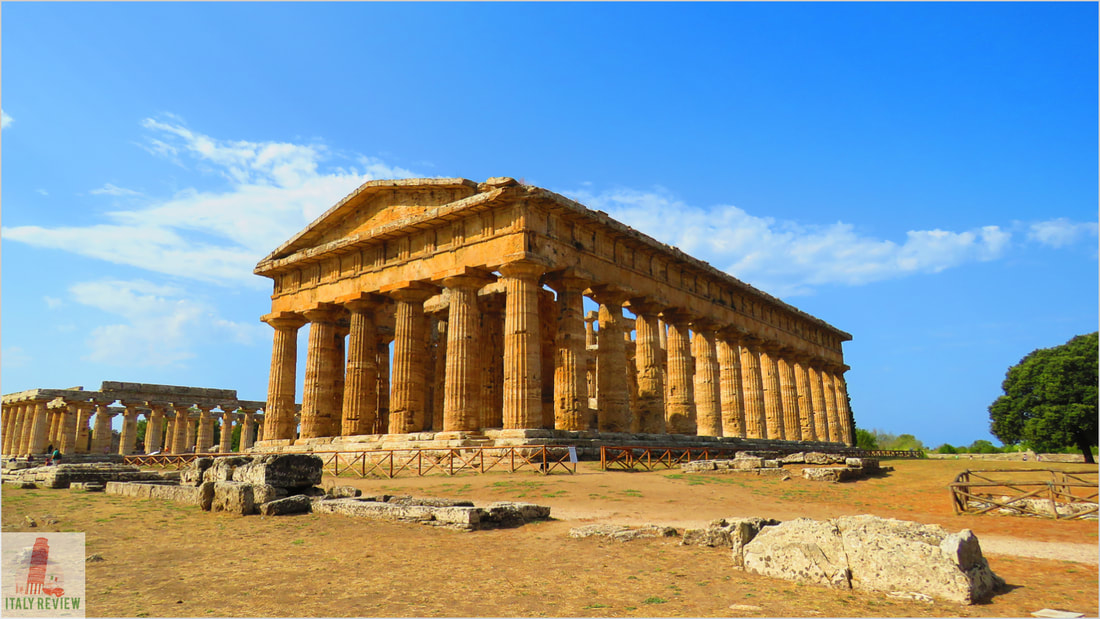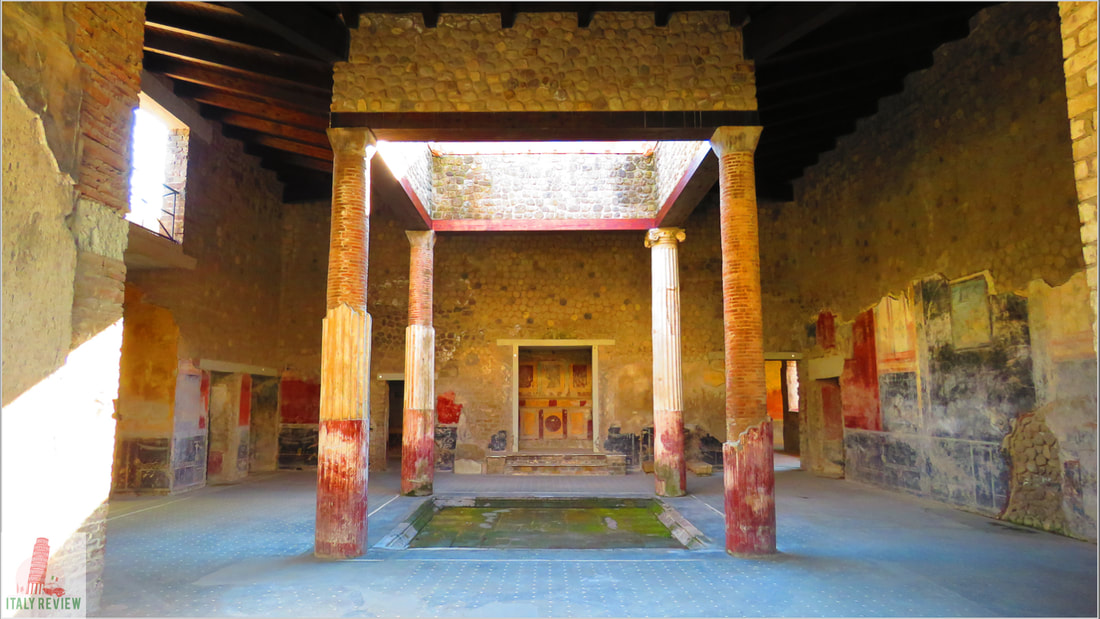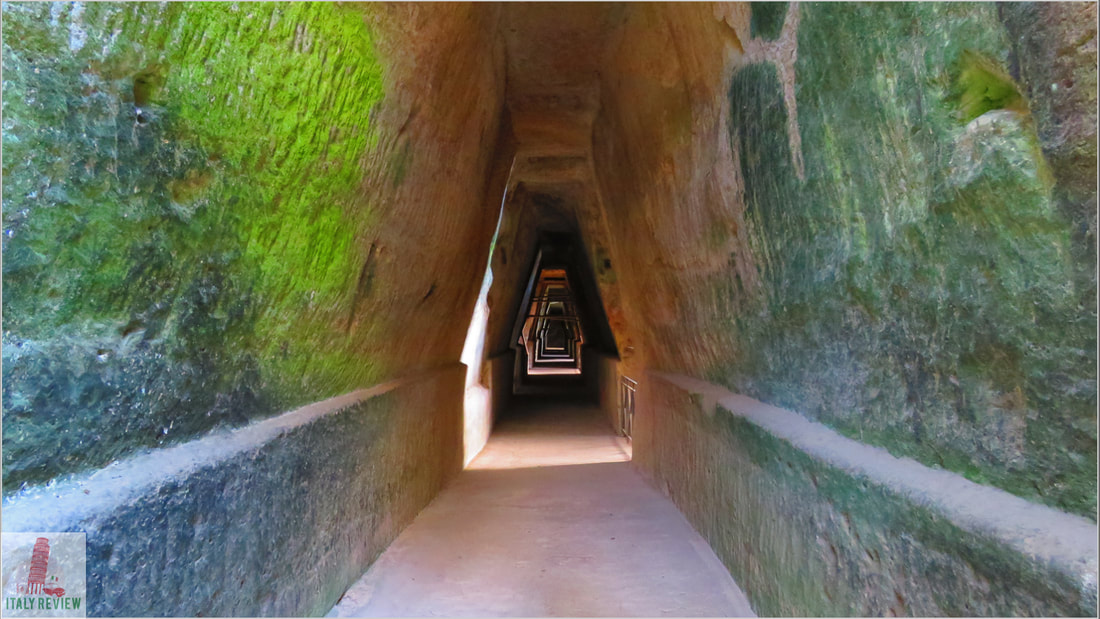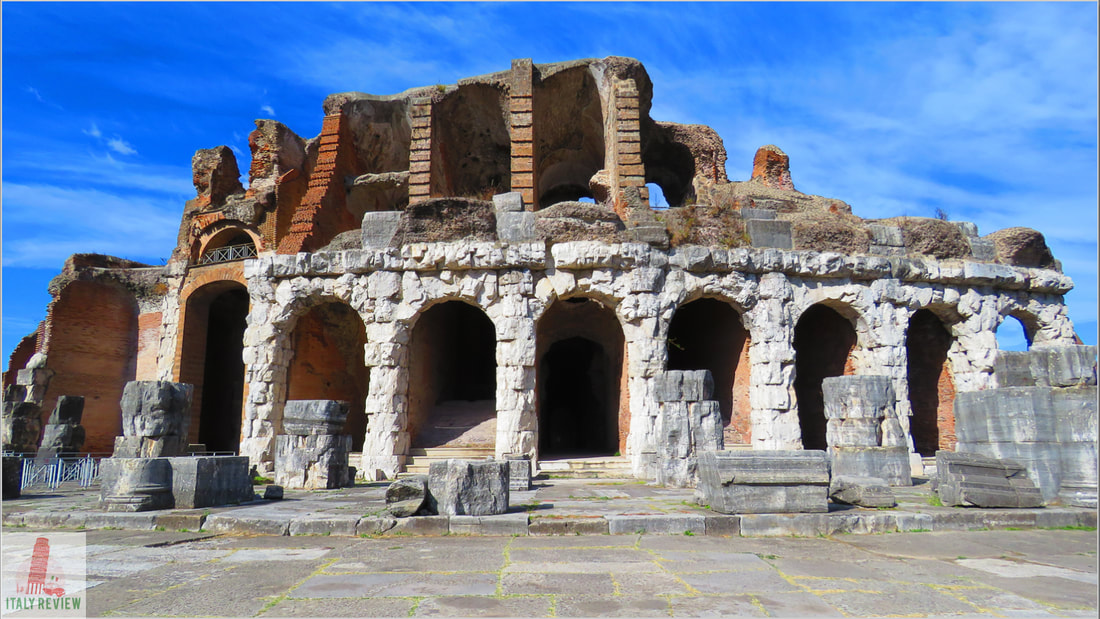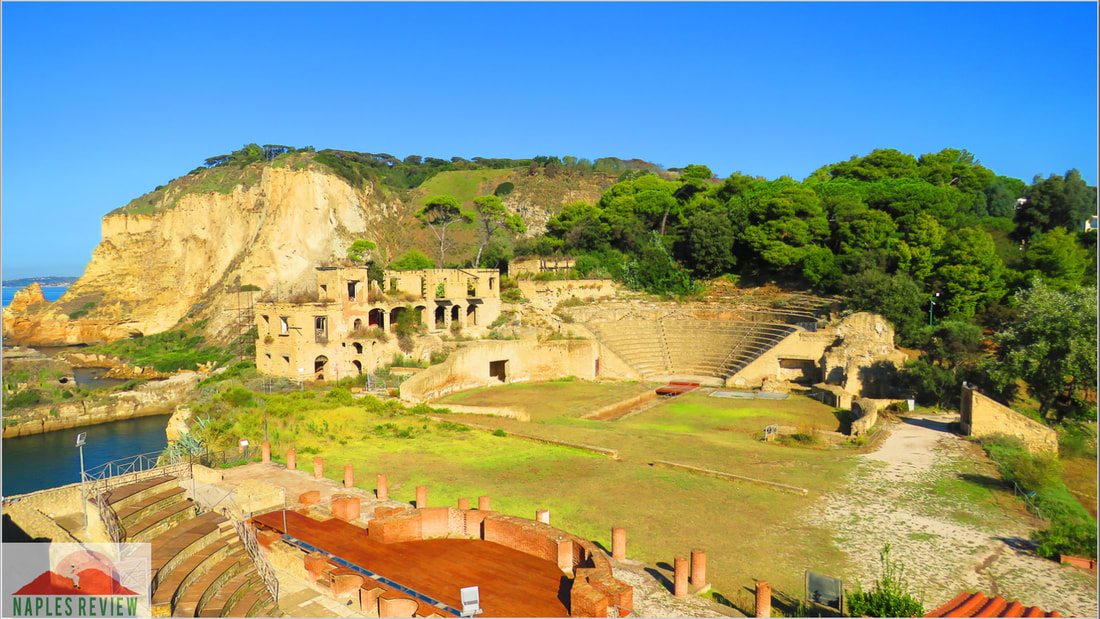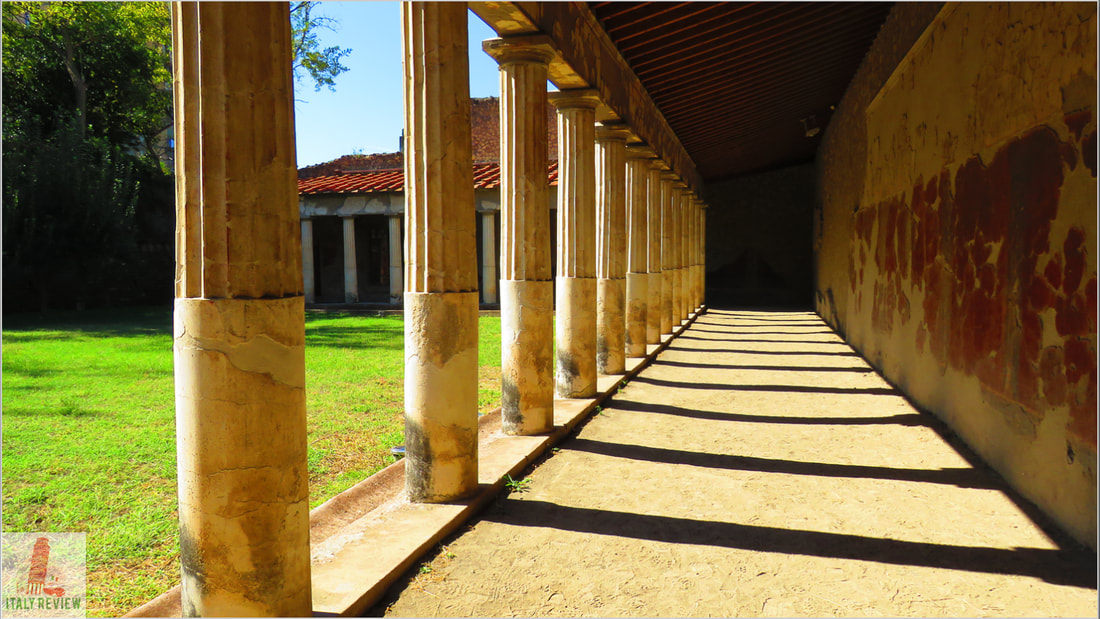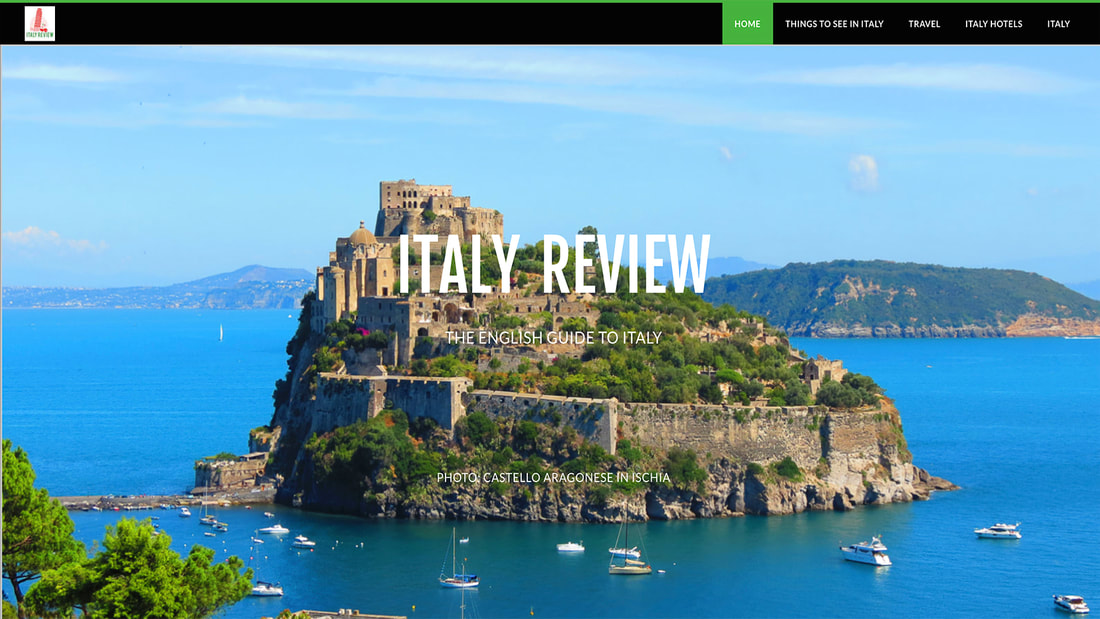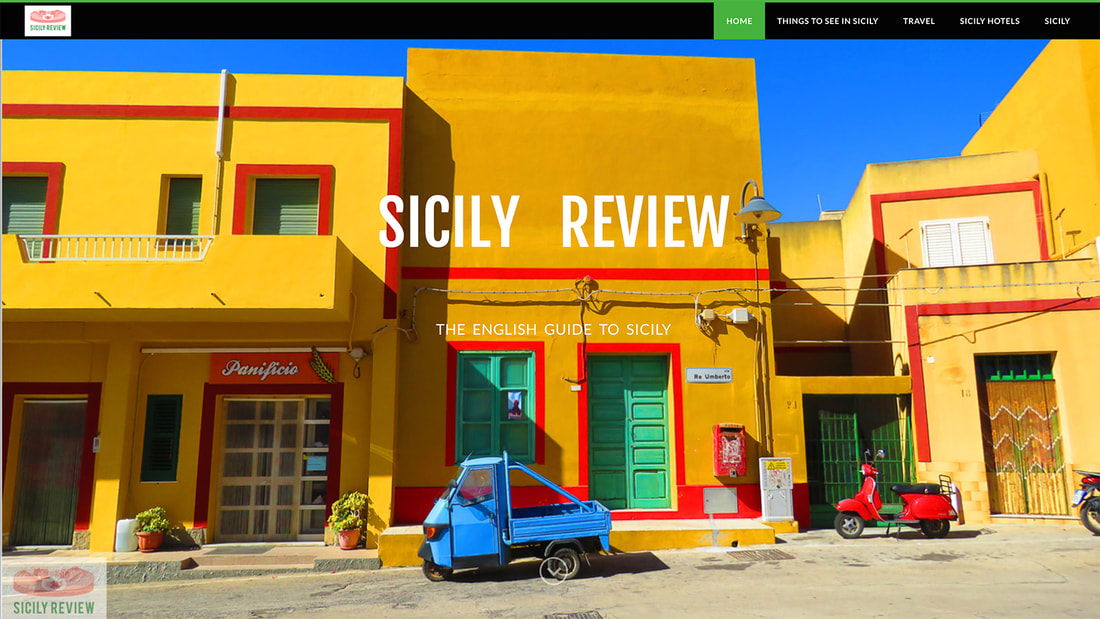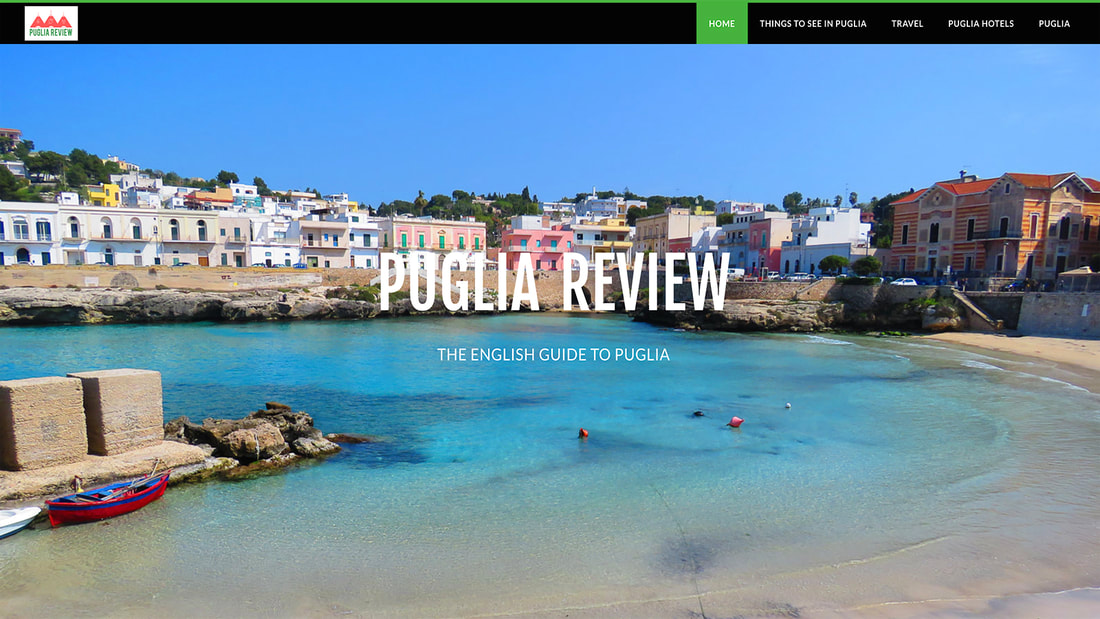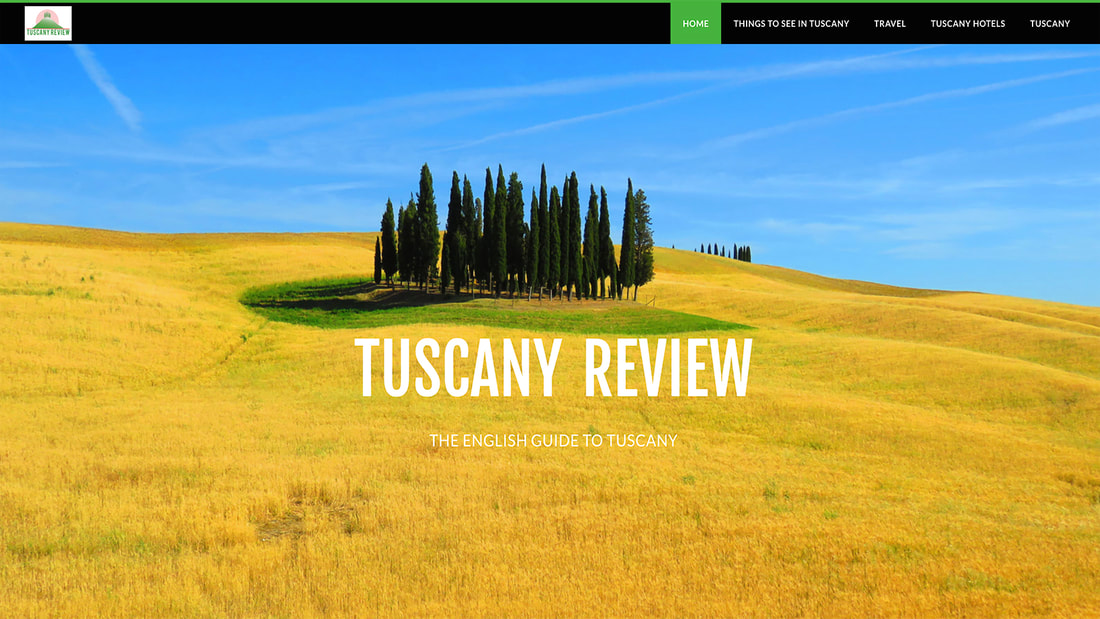Archaeological Sites in Campania
Latest update: 29 January 2024
|
The collection of archaeological sites in Campania is quite extraordinary and something that few, if any of the other 19 regions of Italy can match.
Most famous of all is Pompeii which sits at the foot of Mount Vesuvius on the outskirts of Naples. The prosperous seaside port was effectively wiped from the map on 24 August, 79 AD, when the neighbouring volcano caught everyone off guard and blew its top. Suffering a similar fate was nearby Herculaneum but modern-day excavations have rendered them both visitable and enchanting. |
Related links
Pompeii, Herculaneum and the nearby Villa Oplontis combine to make a collective UNESCO World Heritage Site and there is still another inscription from Campania on this list. The story of Paestum is different to those of the sites around Mount Vesuvius: it belongs to an earlier period of time, when it was one of the most important cities in the Magna Graecia region.
The term Magna Graecia refers to the "Greater Greece", a geographical region of southern Italy, roughly equivalent to modern-day Campania, Puglia, Basilicata, Calabria and Sicily, where Greek settlers developed their civilisation. The UNESCO site of Paestum also includes another of Campania's ancient sites: the Velia Archaeological Park in Salerno Province.
To the north of Naples there are further world-famous archaeological sites in Campania such as the Campano Amphitheatre in Santa Maria Capua Vetere, one of the most famous of the ancient arenas still standing in Italy. The Pausilypon Archaeological Park, Cumae, Baia Archaeological Park and Roman villas of Stabiae are all situated around the outskirts of Naples.
The term Magna Graecia refers to the "Greater Greece", a geographical region of southern Italy, roughly equivalent to modern-day Campania, Puglia, Basilicata, Calabria and Sicily, where Greek settlers developed their civilisation. The UNESCO site of Paestum also includes another of Campania's ancient sites: the Velia Archaeological Park in Salerno Province.
To the north of Naples there are further world-famous archaeological sites in Campania such as the Campano Amphitheatre in Santa Maria Capua Vetere, one of the most famous of the ancient arenas still standing in Italy. The Pausilypon Archaeological Park, Cumae, Baia Archaeological Park and Roman villas of Stabiae are all situated around the outskirts of Naples.

